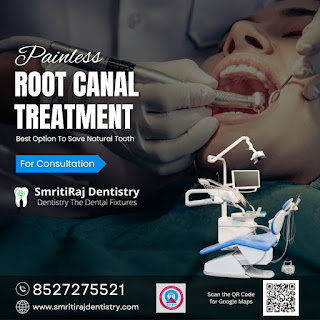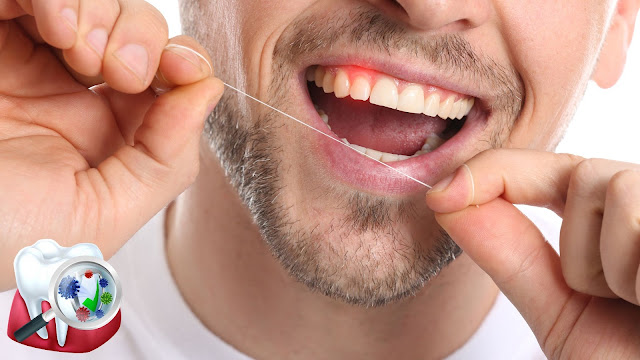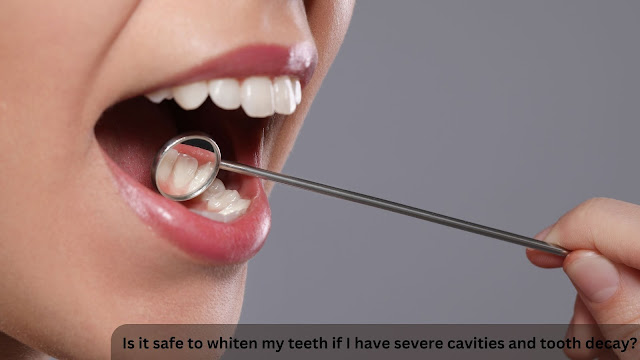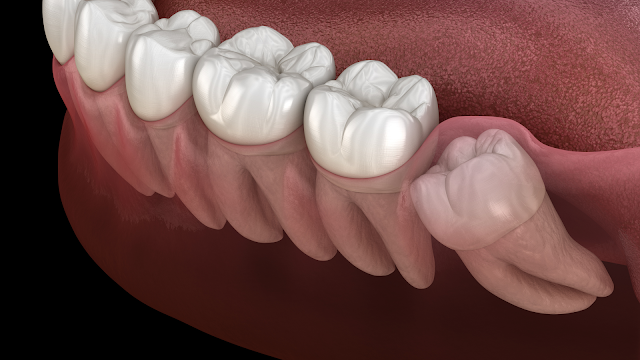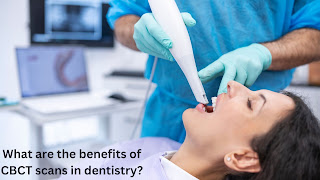Top Dental Care Tips for Delhi's Polluted Environment
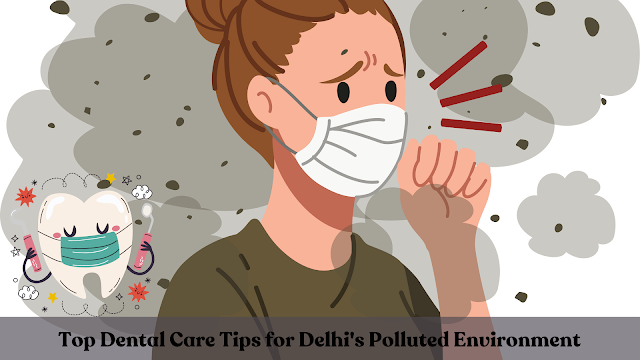
Living in Delhi, one of the most vibrant and dynamic cities in India, comes with its own set of challenges, including battling air pollution. The polluted environment in the capital city can have adverse effects on your oral health. In this blog, we'll discuss some top dental care tips to help you maintain a healthy smile in Delhi's polluted atmosphere. We'll also guide you to find the best dental care solutions, including the best dental clinic near you, and trusted dentists in Dwarka and Delhi. 1. Regular Dental Check-ups One of the most crucial aspects of maintaining good oral health in Delhi's polluted environment is to schedule regular dental check-ups. Look for a reputable dentist in Dwarka or Delhi, such as Smriti Raj Dentistry , to ensure your oral health is in check. Regular check-ups help in early detection and prevention of oral health issues. 2. Keep Hydrated Dehydration can affect your oral health, leading to dry mouth and other complications. In a pollut...
